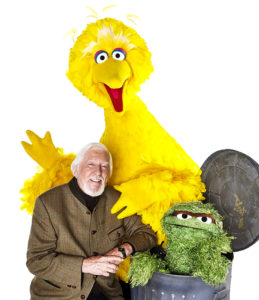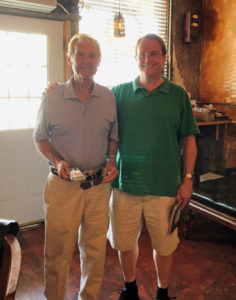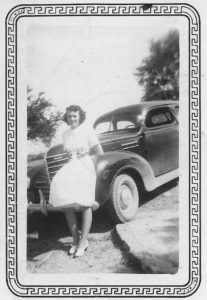If we put it off until Thursday, Thanksgiving may not be the spiritual event for which we hope. Children with families of their own will drive back to Mom and Dad’s. Warnings will be issued to children in the back seat: “Don’t talk about the president in front of Grandpa and Grandma. Not the old president. Not the new president. Not any president.”
Parents will make bizarre promises: “If you will just try everything, even the green stuff, we’ll go to McDonald’s on the way home.”
Wives will warn their husbands: “If you have to watch the stupid football game, at least have the decency not to cheer.”
A new son-in-law will have the feeling that he walked into the wrong class—English literature instead of the calculus for which he studied. Everyone else knows all the answers. There will be names, dates, and stories for which they only use the punch line: “We know not to let Linda fix the turkey. Ha! Ha!” The poor confused son-in-law will smile stupidly, having no idea what’s going on.
Some in-laws will hope to be a little less confused at Christmas. A few will spend Thanksgiving trying to make other plans for Christmas.
Several college students will second-guess their decision to shave their feeble attempts at moustaches rather than face the humiliating comments of their fathers. Homes that have gotten along on ham sandwiches and microwave pizzas will see some pretty fancy cooking on November 22.
For all the trouble we go to, Thanksgiving does not really happen for everyone. Many of us will be glad that we have what we have, but gladness is not gratefulness. The people having turkey and dressing will outnumber those having a real experience of gratitude. Thinking about what we want is easier than thinking about what we’ve been given. For most of us, having more has not made us more grateful.
In a letter to his yuppie nephew, Henri Nouwen writes: “Increasing prosperity has not made people friendlier toward one another. They are better off, but that newfound wealth has not resulted in a new sense of community. I get the impression that people are more preoccupied with themselves than when they didn’t possess so much. There is less opportunity to relax, get together informally, and enjoy the little things of life. Success has isolated a lot of people and made them lonely. The higher up you get on the ladder of prosperity the harder it becomes to be together, sing together, pray together, and celebrate together in the spirit of Thanksgiving.”
God calls us to more than a pause to say thanks. God invites us to spend our lives gratefully responding to God’s goodness.




